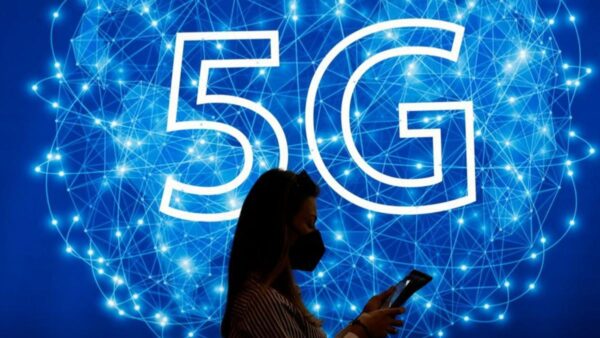rajkotupdates.news:a-historic-day-for-21st-century-india-pm-modi-launched-5g-in-india: Prime Minister Narendra Modi has taken a significant step towards transforming India into a technologically advanced nation by initiating the rollout of 5G networks. This move holds immense potential for the country, ushering in a new era of connectivity and innovation. With 5G’s high-speed, low-latency capabilities, India stands poised to leverage this technology to drive economic growth, revolutionize industries, and improve the lives of its citizens. This article explores the significance of PM Modi’s decision, the potential benefits of 5G, the challenges to its implementation, and the roadmap for India’s journey towards becoming a 5G-powered nation.
Also Read: rajkotupdates.news:deal-got-in-trouble-due-to-fake-spam-account-of-twitter
Benefits of 5G
The deployment of 5G networks brings forth a plethora of benefits that will revolutionize various sectors of the Indian economy. Firstly, 5G technology offers significantly higher data transfer speeds, enabling seamless streaming of high-definition content, immersive virtual reality experiences, and real-time collaboration for businesses. This increased bandwidth will not only enhance user experiences but also foster the growth of emerging technologies like augmented reality, Internet of Things (IoT), and autonomous vehicles.
Secondly, 5G’s ultra-low latency will enable near-instantaneous communication between devices, facilitating mission-critical applications such as remote surgeries, smart grids, and self-driving cars. With its reliability and stability, 5G can empower industries to adopt automation, remote monitoring, and predictive maintenance, thereby improving efficiency and productivity.
Furthermore, 5G networks have the potential to bridge the digital divide, bringing connectivity to remote areas and underserved communities. This will enable access to quality education, healthcare services, and government initiatives, fostering inclusive development across the nation.
Also Read: rajkotupdates.news:deal-got-in-trouble-due-to-fake-spam-account-of-twitter
Challenges to Implementation
While the benefits of 5G are vast, there are several challenges that must be addressed for its successful implementation in India. Firstly, the infrastructure requirements for 5G are substantial, necessitating the deployment of a dense network of small cells and fiber optic cables. This calls for significant investments in infrastructure development, which may pose financial challenges, especially for rural areas with limited resources.
Secondly, the availability of sufficient spectrum for 5G networks is crucial. India needs to allocate adequate spectrum in a timely manner and ensure its efficient utilization. Spectrum auction and allocation policies need to be streamlined to encourage private sector participation and foster healthy competition among telecom operators.
Additionally, there is a need for skilled professionals who can design, deploy, and manage 5G networks. Training programs and educational initiatives must be undertaken to build a competent workforce capable of handling the complexities of this technology.
Also Read: rajkotupdates.news:deal-got-in-trouble-due-to-fake-spam-account-of-twitter
Roadmap for 5G in India
To realize the full potential of 5G, India needs a comprehensive roadmap for its deployment. The government has already taken steps in this direction by setting up a high-level committee to oversee the rollout of 5G networks. Collaboration between the government, industry stakeholders, and academia will be crucial in driving innovation, research, and development in 5G technology.
The government should actively facilitate partnerships with telecom equipment manufacturers and encourage indigenous production to reduce dependency on imports. Promoting local manufacturing and research and development will not only strengthen India’s economy but also enhance national security in the telecommunications sector.
Furthermore, public-private partnerships can play a vital role in accelerating the adoption of 5G. By fostering an ecosystem that supports innovation and entrepreneurship, the government can incentivize startups and small businesses to develop 5G use cases tailored to India’s needs.
Also Read: rajkotupdates.news:deal-got-in-trouble-due-to-fake-spam-account-of-twitter
Conclusion
Prime Minister Modi’s initiation of the 5G rollout in India marks a significant milestone in the country’s technological advancement. With its transformative potential, 5G networks will empower industries, bridge the digital divide, and enable innovative applications that will improve the lives of Indian citizens. While challenges remain, the government’s proactive approach, along with collaborative efforts from various stakeholders, can pave the way for a successful 5G implementation. As India embarks on this journey, it is poised to become a global leader in the 5G era, driving economic growth and shaping the future of technology in the country.




Average Rating